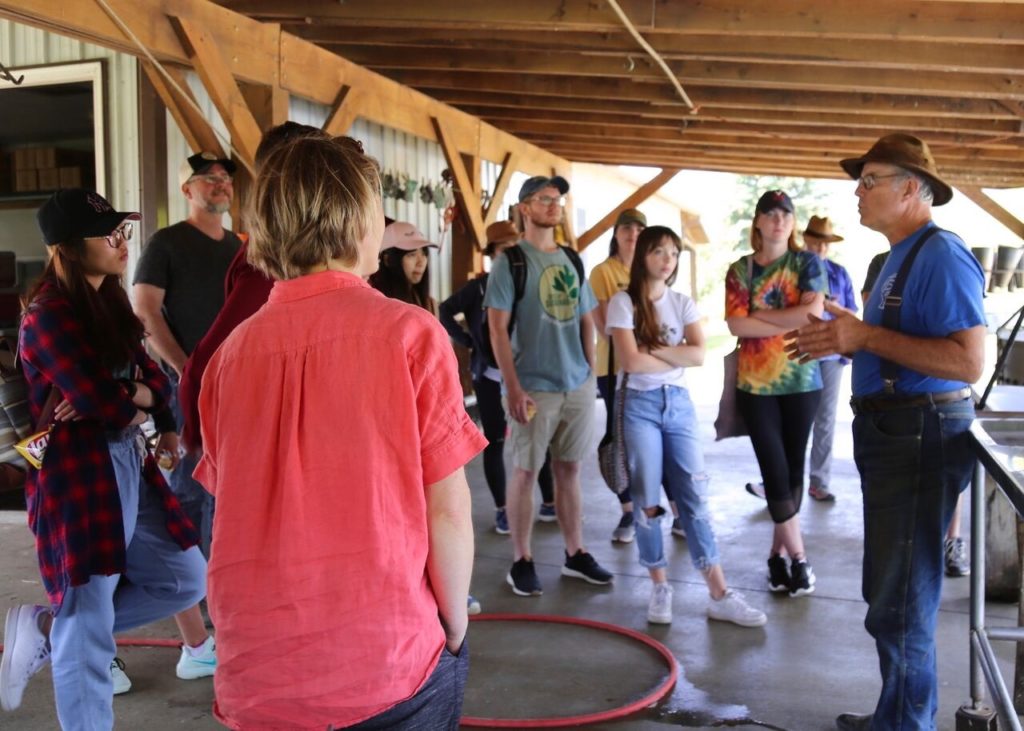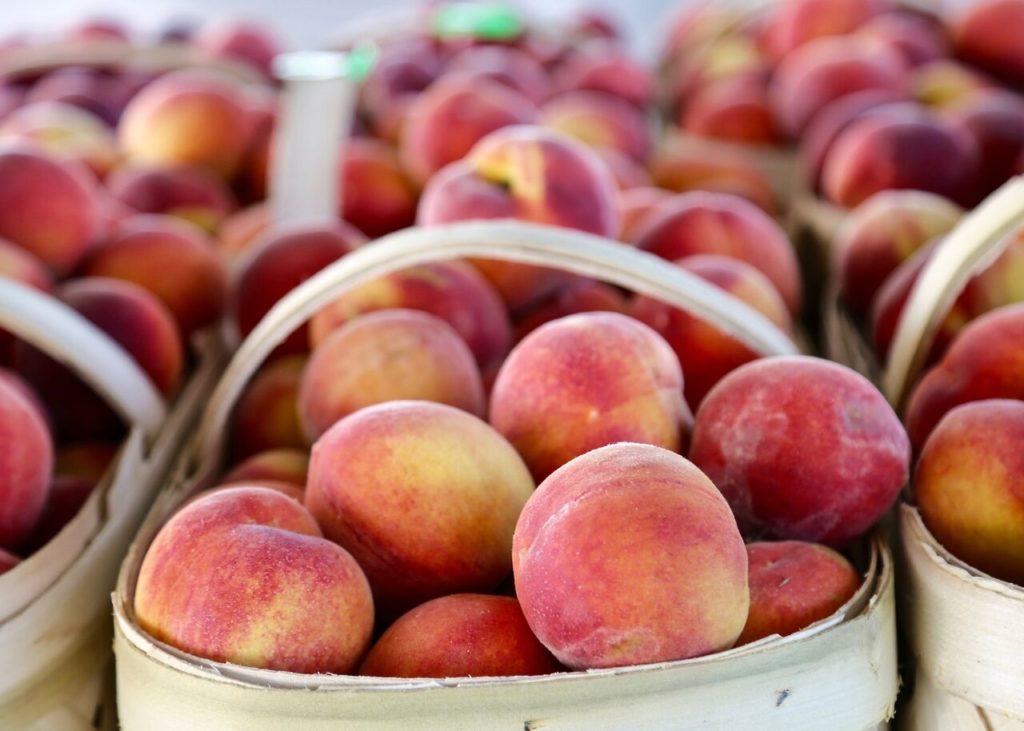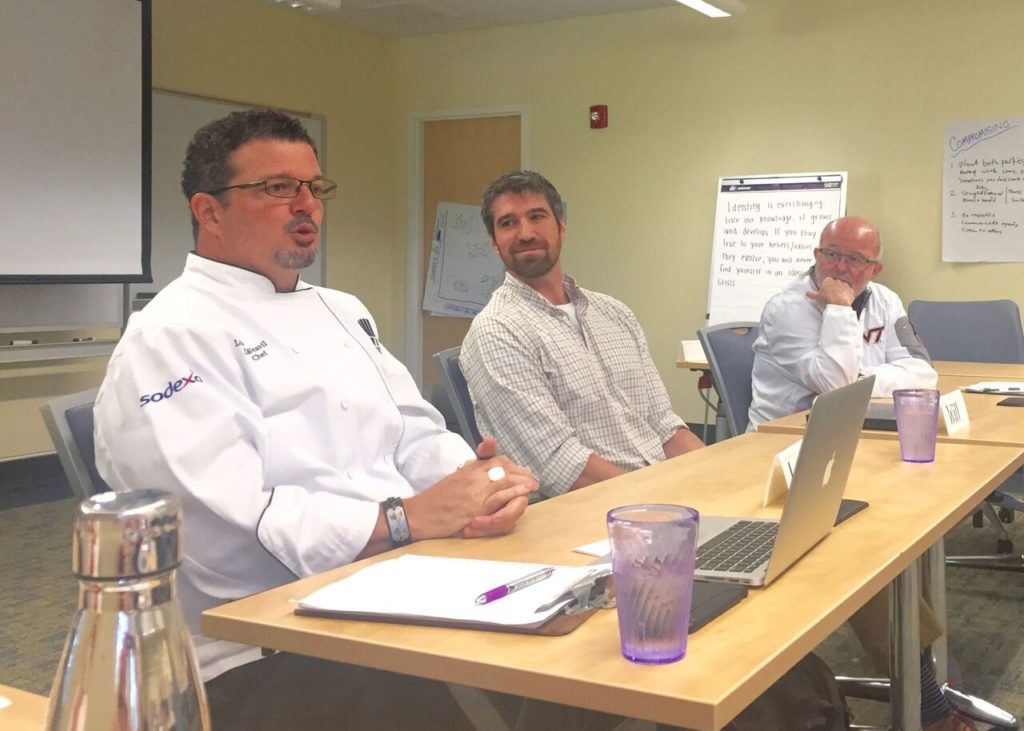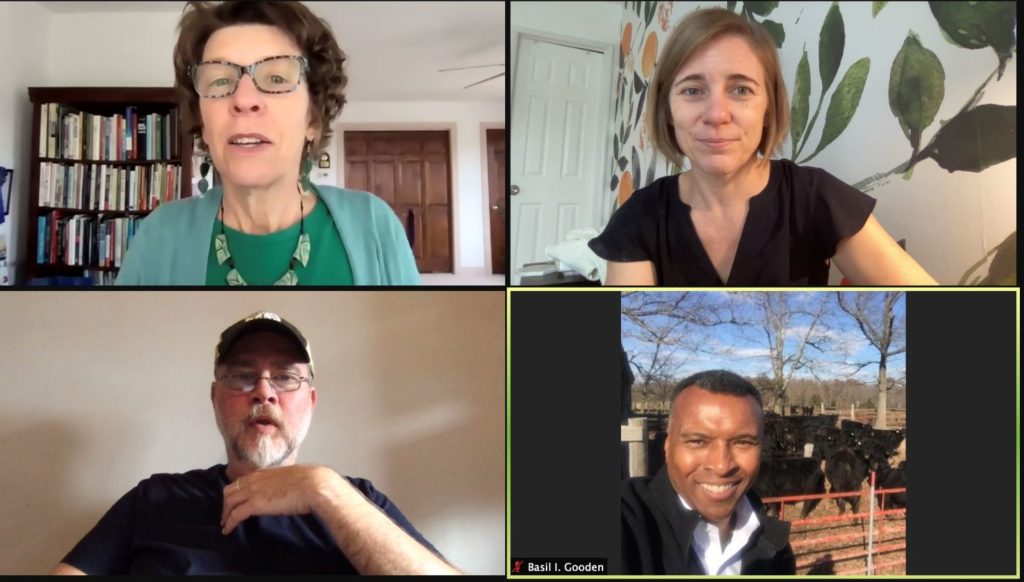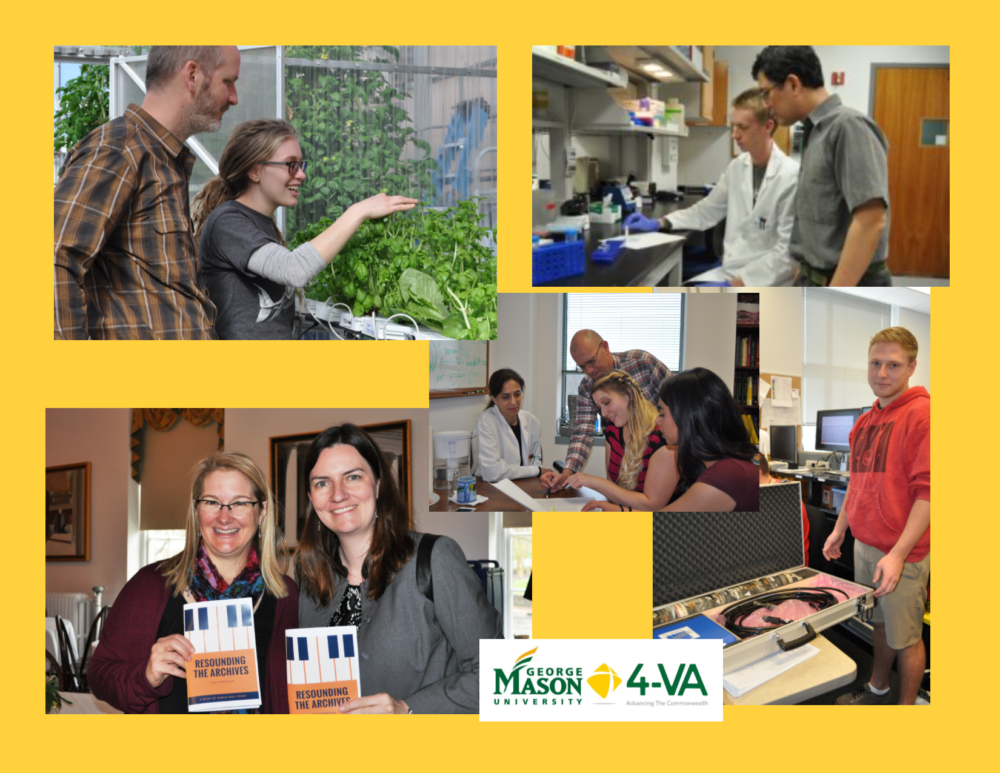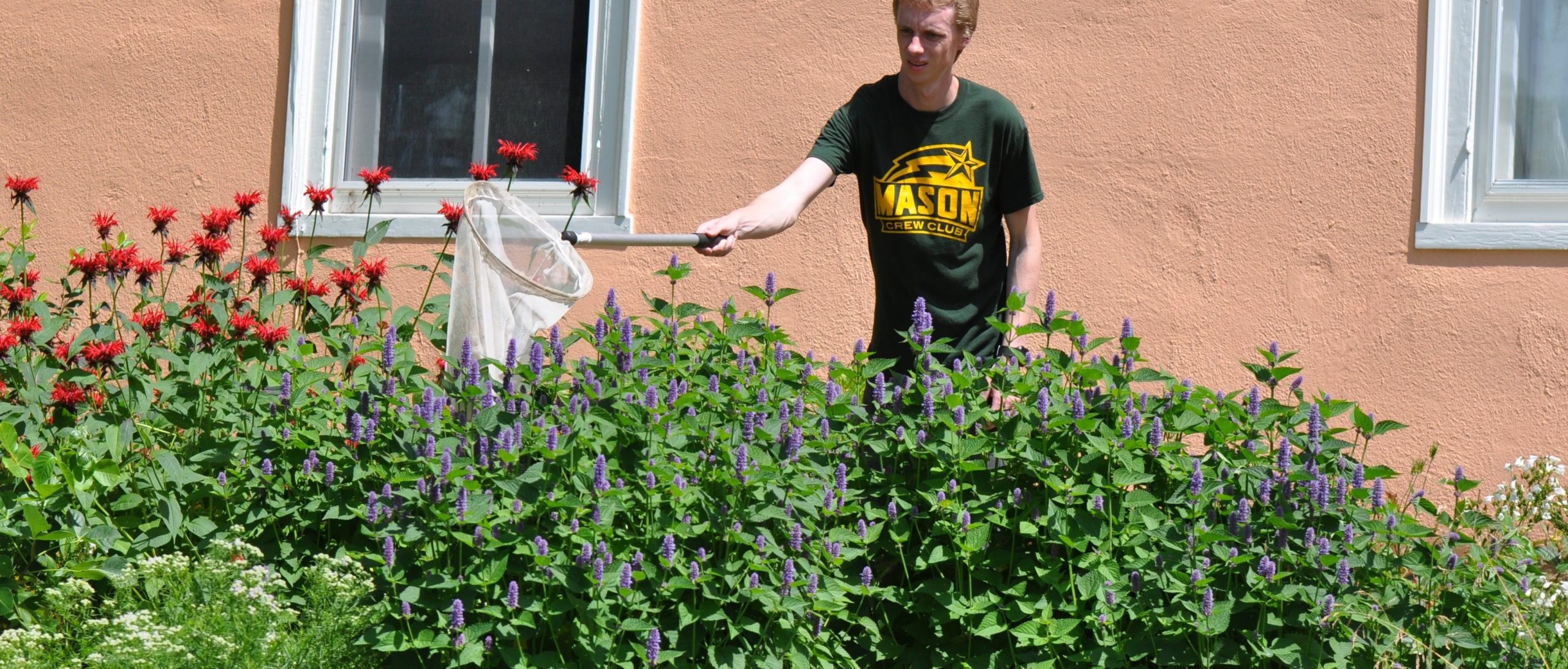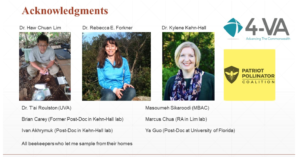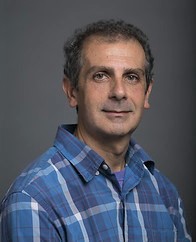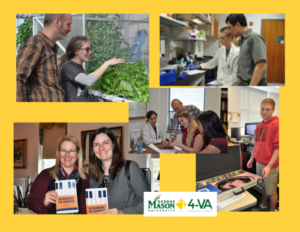While the Council for the Advancement of Higher Education Programs (CAHEP) considers the history of higher education a required knowledge area, and it is often a core course in higher education programs nationally, Mason’s Kelly Schrum, PhD, recognized that the class is rarely taught by historians and often lacks a focus on the critical thinking, research, and digital literacy skills essential for success in the rapidly changing higher education workplace.
When Schrum, a historian and associate professor of higher education, discussed this disconnect with colleague Chase Catalano, PhD, at Virginia Tech (VT), they saw that within this challenge there was an interesting opportunity: Create a history of higher education course at Mason and VT that is founded on historical thinking and research skills. Students could work collaboratively on digital research projects that draw on university archives locally and nationally. Moreover, they could build on this work to create an open educational resource (OER) on the history of higher education.
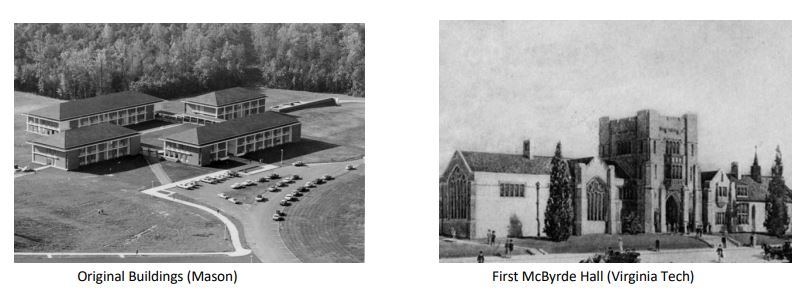
Schrum developed a plan, and then turned to 4-VA@Mason to seek a Collaborate Research Grant for her project entitled, “Reimagining the History of Higher Education in the Digital Age.” Subsequently, Schrum and Catalano received 4-VA funding to help get the project off the ground and, joined by Sophia Abbot, a doctoral student at Mason, they got to work.
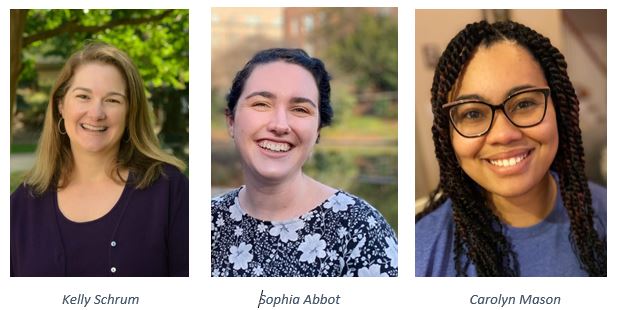
Abbot, who has previously been involved with faculty development and has studied student-faculty partnerships in teaching, plays several integral roles in the project. The first is determining the current teaching landscape in higher education. To that end, Abbot and Mason sophomore, Kelly Tcheou, sent out surveys to instructors involved in teaching the history of higher education around the country to determine the specific subject areas included in their courses.
Along with Schrum and Catalano, Abbot implemented a new primary source learning activity for their courses this past fall. While Schrum and Catalano supported students in the selection of their research topics and their analysis of primary historical sources, Abbot helped students translate their research to the digital space as they developed online learning activities for their peers. Abbot shares the example of one student’s research which looked at the history and the language of the Pell Grant. The student gained a deeper understanding of how the language used in the original legislation resulted in who was able to gain access to the grants over the years; and who was not. “Their research is doing exactly what we’d hoped… students are empowered to take historical thinking into their work,” says Abbot. “When students create historical narratives — learning the context and history of the sources — they can look back at sources and understand the impact of the history of higher education on colleges and universities today.”
Additionally, Abbot introduces students to the opportunity to share their work on the primary source website the team is building. Here, Abbot acts as a liaison between the Mason and VT students and faculty. “Because I am not in an evaluation role, I am able to make sure that students understand that sharing – or not sharing — their work is completely optional and will not affect their grade. I’m there to communicate the importance of consent,” she notes.
Assisting Abbot with the website is Carolyn Mason who graduated from Mason in December with BA in anthropology and plans to begin a PhD program in anthropology in the fall. Mason identifies primary sources related to higher education including a university’s founding, student life, academics, and campus culture and uploads them to the website. She is also collecting a list of university archives that house historical documents related to their institution.
At the conclusion of the history courses, Abbot returns to interview students on both campuses to determine their thoughts about the class and their decision regarding sharing their work on the website. She has interviewed 12 students and collected 19 student projects from both campuses.
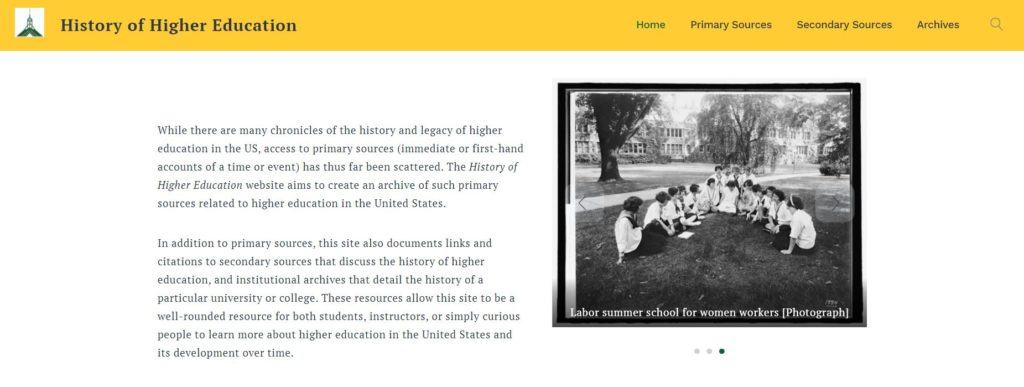
While the project is still in its infancy, it has already generated a lot of attention. The prototype website https://higheredhistory.gmu.edu/ presents more than 100 primary sources. Over 60 history of higher education instructors have responded to the invitation to share their teaching practices. And the team has piloted their primary source learning activity in two different higher education graduate courses (Fall 2020) and recruited a third course to pilot the activity (Spring 2021).
“We were delighted to have the ability to enrich the study of higher education, offer our students the opportunity to develop asynchronous online learning activities, and promote collaboration across institutions,” explains Schrum. “Already, we have had great results.”
Abbot, Schrum, and Catalano presented initial findings at the Conference on Higher Education Pedagogy in February.
“This project has been a wonderful exercise in collaboration and research,” concludes Schrum. “In fact, it has caught the eye of our colleagues at several additional 4-VA schools who are interested in partnering with us on this in the future. We are also looking at the development of a workshop on this for instructors in the history of higher education. There may be more to come!”

